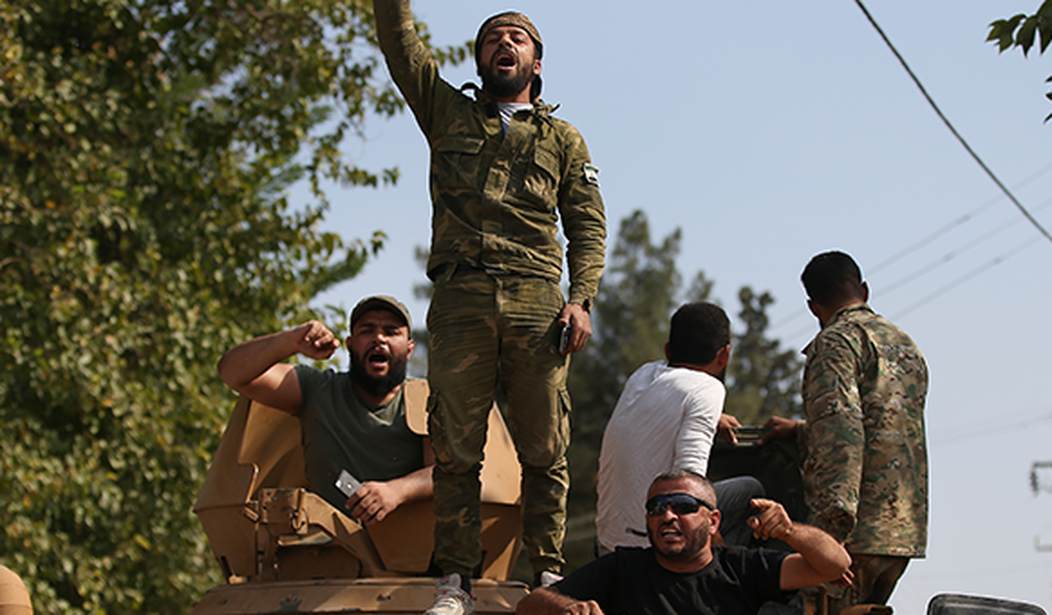An Obama-era Syrian military intervention may have abetted ISIS fighters during its short implementation period, according to testimony by Turkish Special Forces defector. Lt. Murat Aletirik claims that the Turkish intelligence agency, MIT, enlisted possible Islamic extremists for the 2016 train-and-equip program and misrepresented them to the CIA as moderates.
“With some questions in the interviews, we were trying to understand whether the candidate, the Free Syrian Army candidate, had sympathy for any terrorist organization. This was important because these people would be given both military training and weapons. The organizations that we tried to find out if they were members or sympathetic in this interview were as far as I remember. ISIS ... Al Qaeda, Al Nusra, PKK, PYD, YPG ... .” Aletirik said in a testimony obtained by the dissident publication Nordic Monitor.
Aletirik testified in Turkish court in July 2018 following indictment for allegedly participating in a coup against Turkish President Erdogan. He said MIT recruited him from the Turkish army to enlist potential fighters for the Train and Equip program.
The CIA would then vet each conscript. A Department of Defense OIG report appears to find only minor lapses in the vetting procedure.
“It was then that MIT's suggestion to us about the interviews; just see if the PKK, PYD and PKK sympathize with their lower arms, other terrorist organizations are not important to us," said Aletirik.
Recommended
The Obama administration partnered with Erdogan to recruit and assist Syrian rebel groups opposed to both the Assad regime and Islamic insurgents. By “equipping and enabling ... a select group of vetted leaders and their units,” the U.S. intended to fuel a proxy war against the Islamic State. It is very likely that weapons sold to the Syrian insurgents ended up in the possession of Islamic State groups, and some Syrians even joined.
Five hundred million dollars went to the program during its first year, but it produced only 90 fighters by the end of its first cycle in 2015, when the Obama administration temporarily suspended it.
At one point, the CIA decided to interrupt the vetting process after an MIT officer introduced hundreds of fighters from the Idlib into the program at once, Nordic Monitor reports. The CIA distrusted MIT's ability or willingness to certify each candidate's authenticity.
U.S. administrators insisted the rebels concentrate their efforts on ISIL and other extremist groups, but for the Syrian fighters, Islamic insurgents represented only a marginal concern. Assad was the most pressing existential threat.
In fact, many rebel groups overtly identified with ISIS and Al-Qaeda, while Turkey’s opposition to religious militants grew increasingly soft.
According to a report by the Foundation for Defense of Democracies, “Since the beginning of the Syrian civil war, Turkey’s indifference towards and even tacit support for IS and other jihadists battling the Kurds across its borders has alarmed its Western allies, particularly the United States."
The FDD report cites “security and intelligence failures” on the part of the Turkish government.
Train and Equip ran intermittently in Syria from 2014 to 2017, when President Trump canceled the operation at the behest of former CIA director Mike Pompeo.

























Join the conversation as a VIP Member